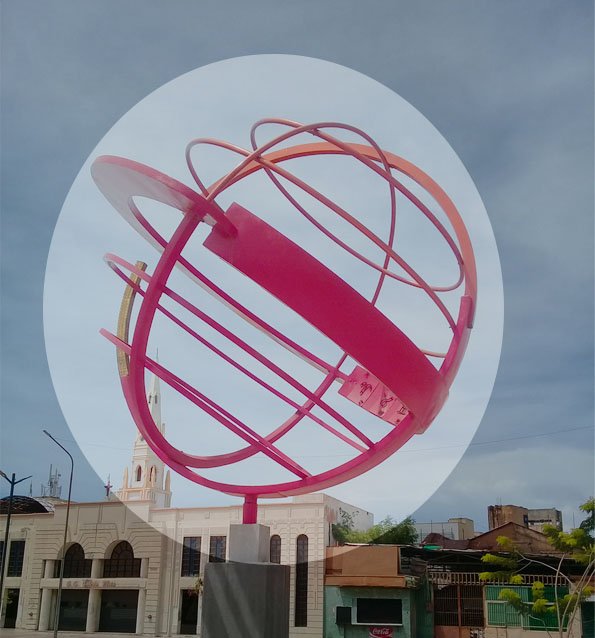
The Solar clock is a metallic sculpture with tubular rings assembled in such a way that they form a kind of spherical skeleton, from floor to ceiling it measures 6 metres in height and approximately 4 metres in diameter.
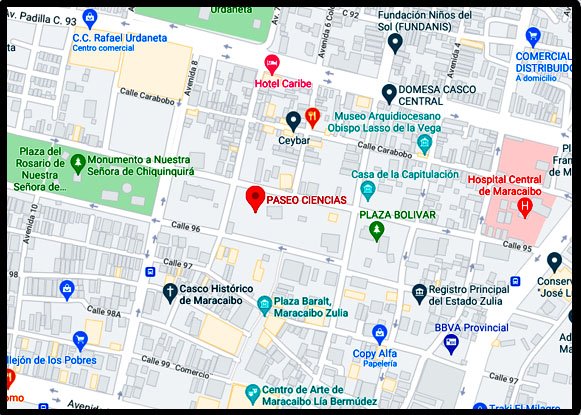
It is located in the centre of the city of Maracaibo, Venezuela exantamente between the avenues Urdaneta, intermediate avenues Colon, Vargas, Paez, Miranda, Milagro/La Fe, Campo Elias and ends in Padre Añez, which passes in front of the Basilica de la Chinita.
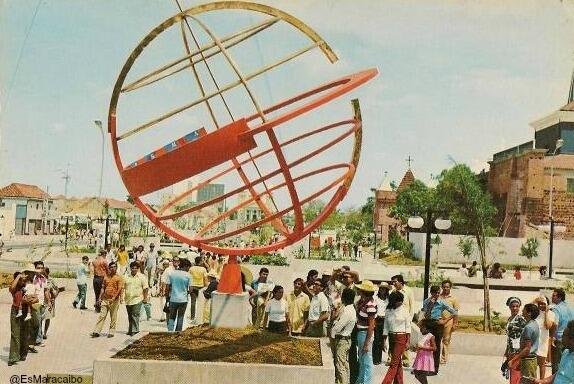
In the 1970s, by government order, a large part of the historical heritage of the city centre was demolished to make way for so-called modernity and progress. From there, a rectangle of land was created where a square or park called Paseo Ciencias was built. In this park there were several sculptures by renowned plastic artists, one of them was the Solar clock, which many attribute to the artist Víctor Valera. In 2013 the park was closed and in a state of total disrepair, most of the scleres broken and missing as shown in the Solar clock image. In 2015 the renovation and rescue of the Paseo Ciencias park was undertaken and with it the restoration of the Solar clock, where I had the opportunity to participate as a project engineer. I had the task of designing the foundation and support of the sculpture, for which the total weight of the sculpture, which exceeds 500 kilograms, was determined, as well as the wind loads acting on the structure. After drawing up the structural project, several field visits were made to support the execution of the work and to verify that everything is going according to plan. The team in charge of the assembly and placement of the elements had a hard work with the help of cranes and scaffolding, always guaranteeing precision in every manoeuvre. After a little more than 4 months the work was ready to the delight of visitors and tourists who after several decades saw the emblematic sculpture again in the centre of the city. In the interior of the thicker central strip, it has the zodiacal signs and Roman numerals inlaid, as symbols that in accordance with the gnomon would indicate the time. Signs of the zodiac are represented by the twelve daily lines traversed by the shadow when the Sun is in the various signs. Unfortunately a study by the Grupo Astronómico del Zulia determined that the sundial placed on the Paseo Ciencias in the 1970s has apparently never told the time. The reason given by the group of professors and students of the University of Zulia is the location of the structure with reference to the latitude of the city of Maracaibo with respect to the Equator. There is currently a detail or rather an element of the sculpture which could not be recovered, let me know in the comments what that element was.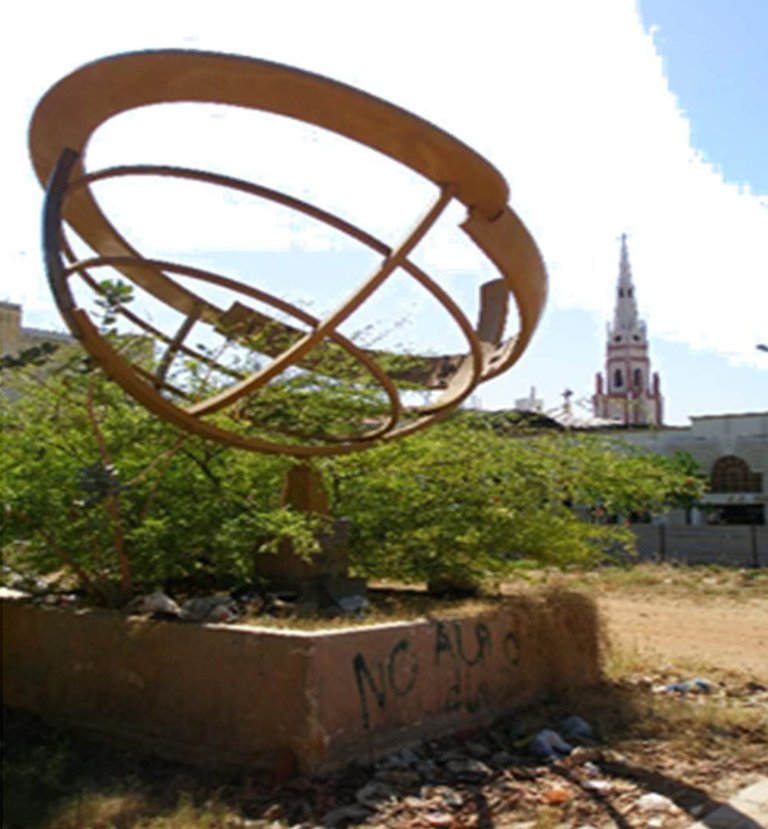
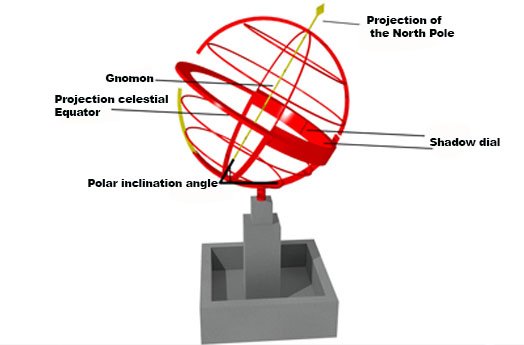
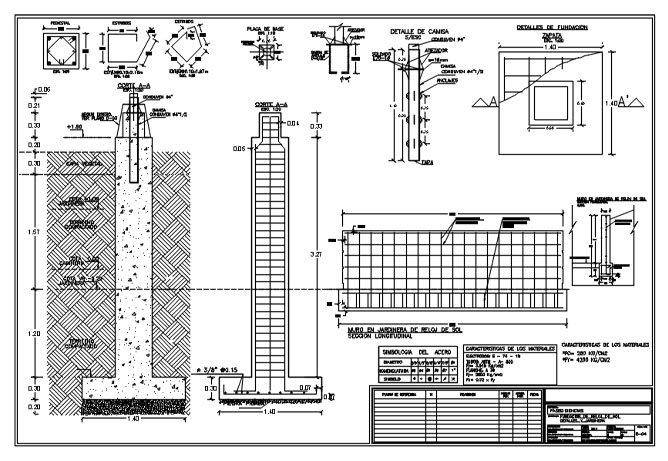
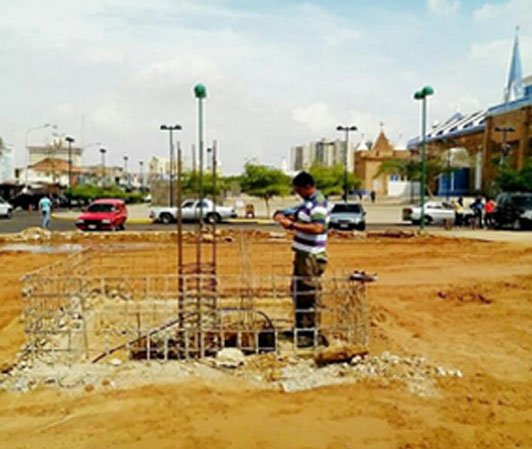
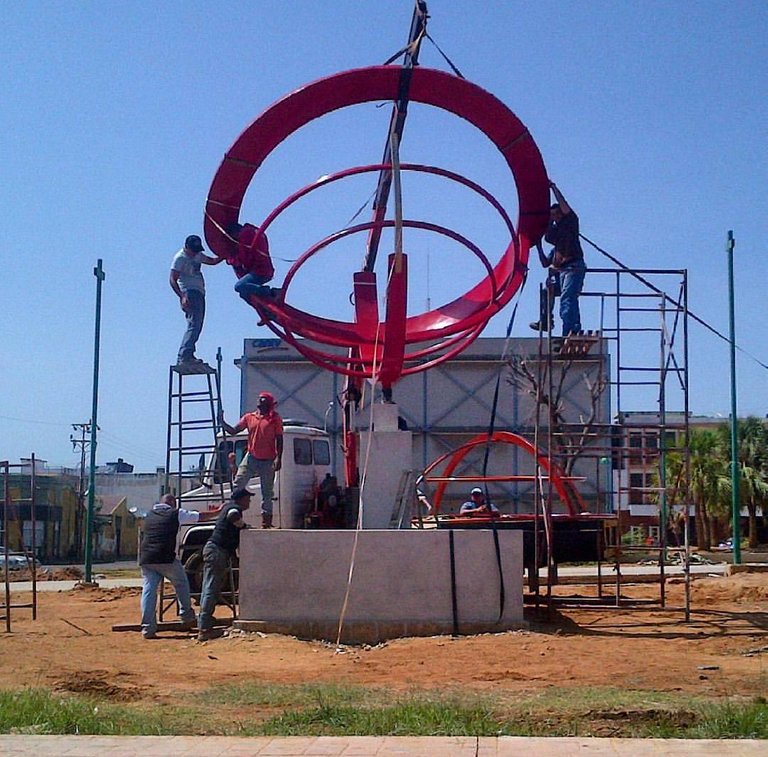
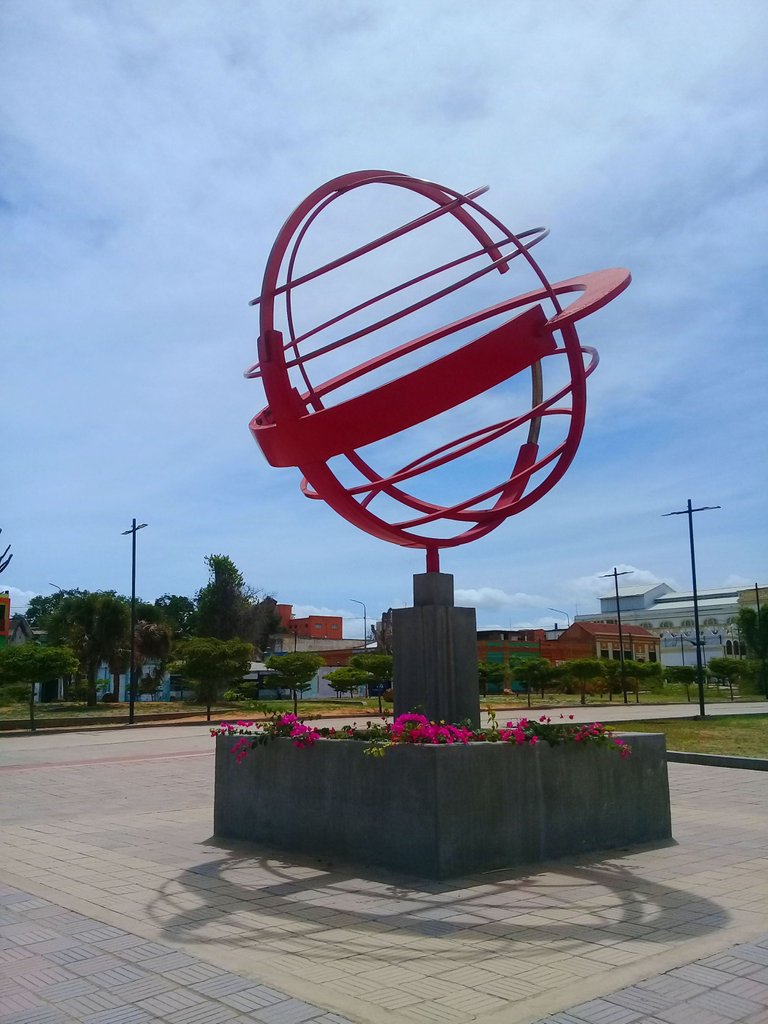
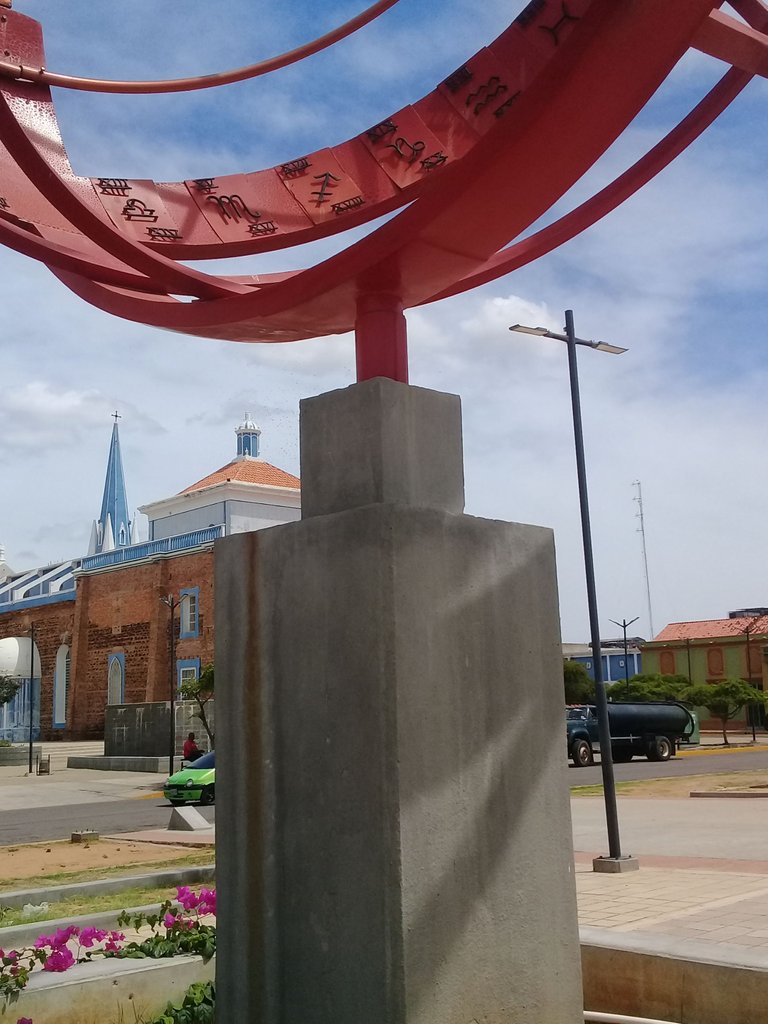
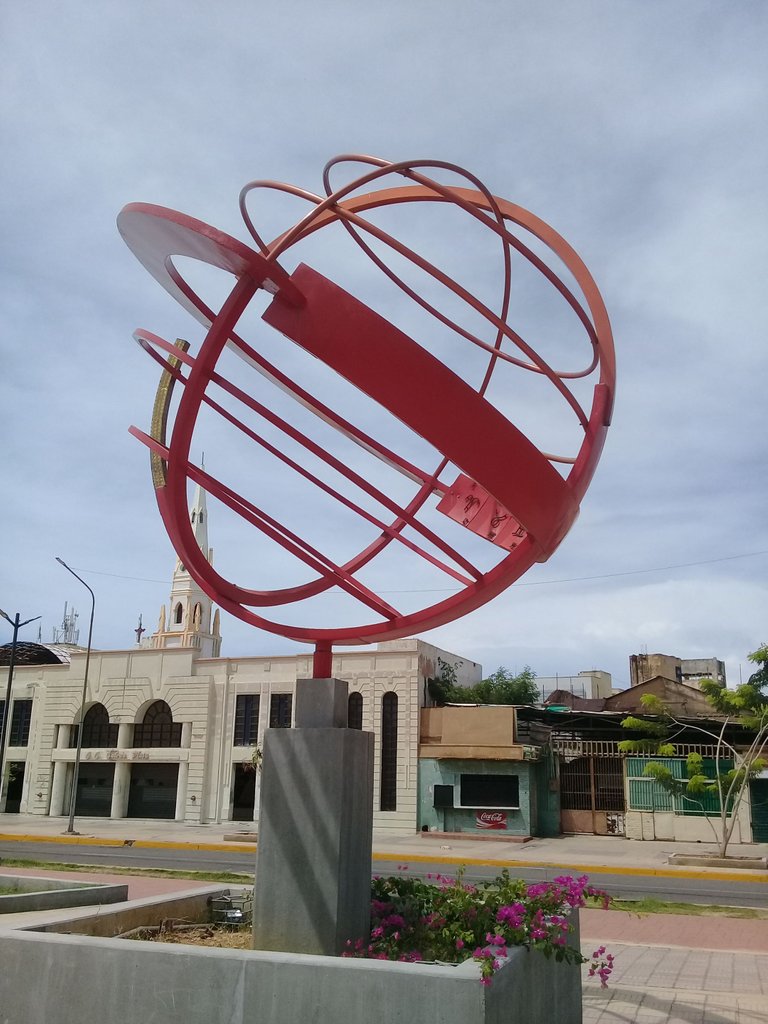
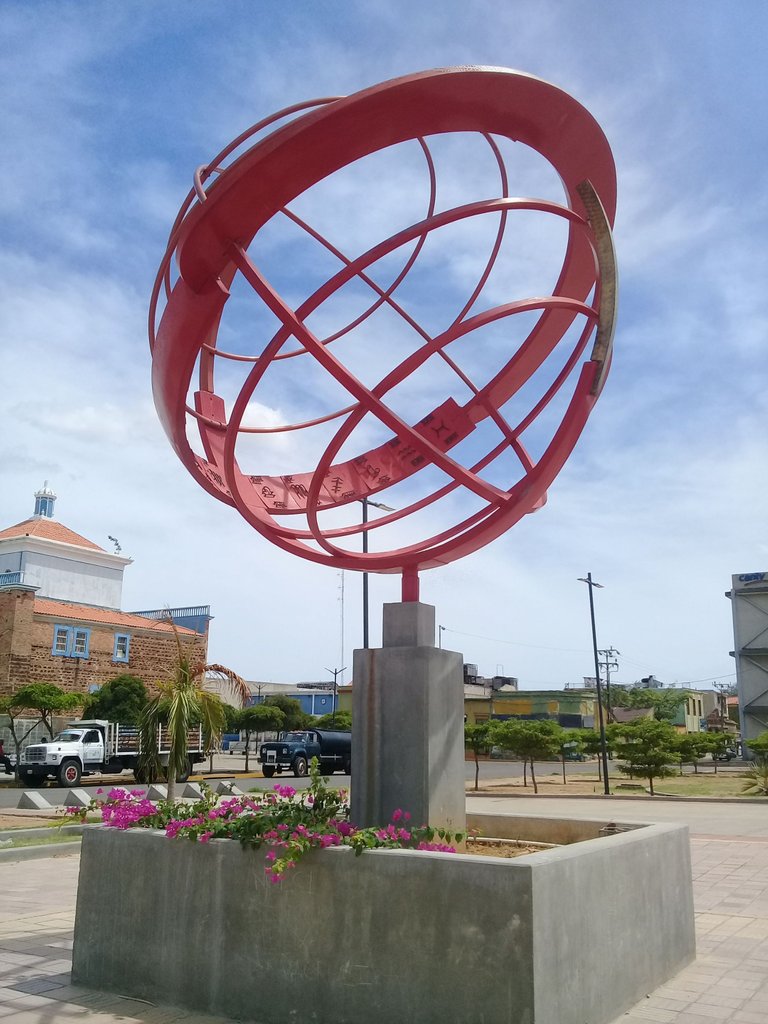

Thanks for reading me! I hope you enjoyed it.

Follow me on Instagram @cpingenieria
Discord: carlosp18

#posh
The rewards earned on this comment will go directly to the person sharing the post on Twitter as long as they are registered with @poshtoken. Sign up at https://hiveposh.com.
Congratulations @carlosp18! You have completed the following achievement on the Hive blockchain and have been rewarded with new badge(s) :
Your next target is to reach 60 posts.
You can view your badges on your board and compare yourself to others in the Ranking
If you no longer want to receive notifications, reply to this comment with the word
STOPTo support your work, I also upvoted your post!
Check out the last post from @hivebuzz:
@tipu curate
Upvoted 👌 (Mana: 10/90) Liquid rewards.
Wow! That's crazy good!
Well done @carlosp18 ! We're happy to inform you that this publication was specially curated and awarded Runner-up in Architecture Brew #34. Congratulations!
Subscribe to Architecture+Design, an OCD incubated community.